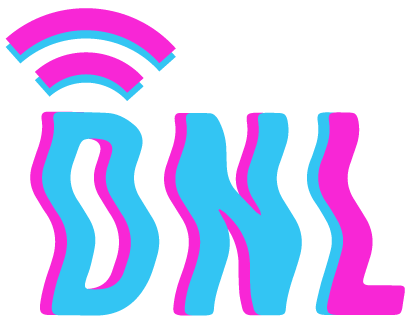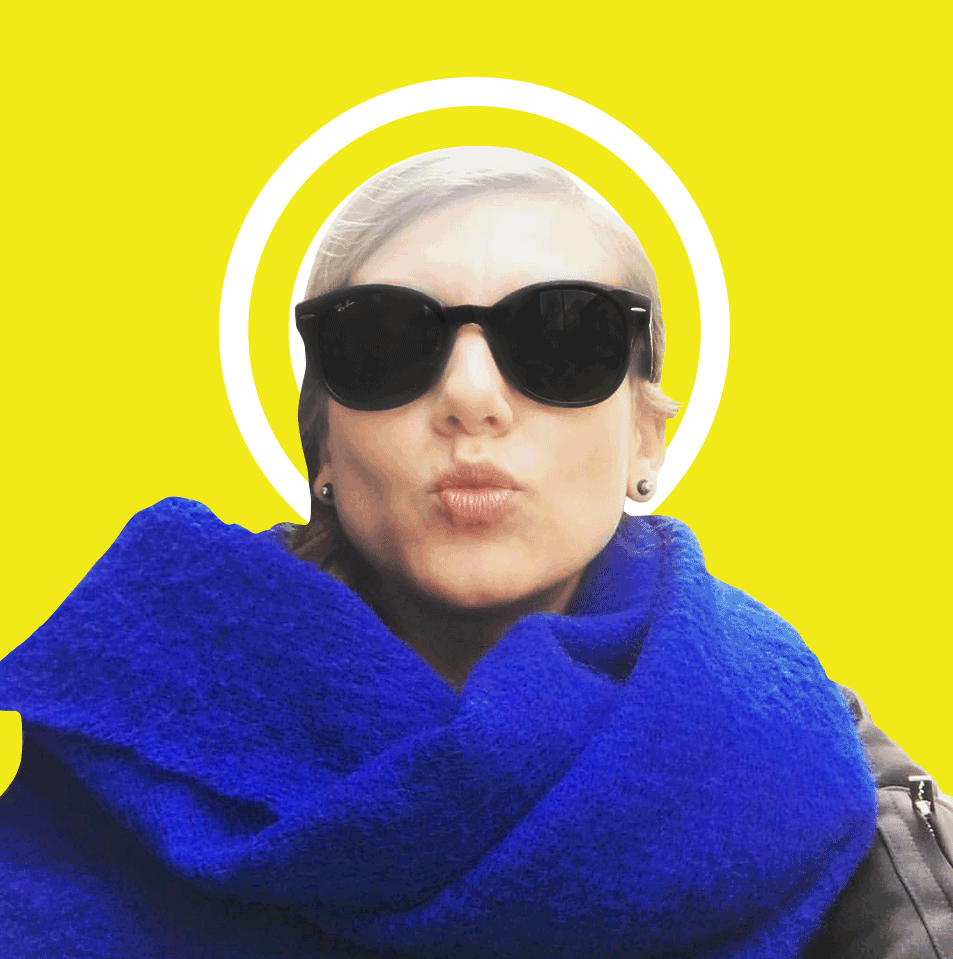How's the House Of Yes is intrinsically inclusive, because our creative culture has been inclusive art and collaboration has been inclusive. That was a part of our we were inclusive before it was intentional before it was a cultural buzzword. And it's actually been a very interesting cultural challenge to maintain the inclusivity while protecting and curating the vibe. There have been times when we've experienced like, wow, there's way too many bros way too many type, a type of person that isn't really tuned in or aligned with some of our values or some of our ways that we dictate that a good time is what we set out to be and so we've had to adjust one point we end up doing costumes mandatory. It's not mandatory any longer. But for while we're like, oh, if we want our parties to be the vibe that we are putting out there that are our highest self, this template expression that we set out to be, then our favorite parties are the ones where everybody's wearing costumes. So they know who hates wearing costumes is angry, insecure, homophobic, transphobic, there's something about wearing costumes that feels like too feminine for certain kind of person, especially especially a male identified person. So that became a good idea for a little bit. And then eventually, that became too exclusive because it wasn't accessible, like wearing a costume to a party is sometimes not accessible to certain people. And it actually wasn't being as inclusive as we intended. So it has been, I would say, it's been an experiment. And it's the journey that we are still on the path of just getting walking the line between inclusivity and creative curation of the audience.
Read MoreOn the show, Alexandra talks about Dame’s three-year-long court battle against the Metropolitan Transportation Authority. Dame’s historic triumph over the MTA validates both the existence of the woman-owned company as well as of female pleasure and wellness. Ensuring that Dame has the right to advertise on subways, buses, and commuter rail. This is a big deal since the MTA transports over 11 million passengers a day. That’s a lot of customers. Places that have long welcomed male-focused brands like Ro (Roman), Hims, as well as breast enhancements, and more.
Read MoreOn the podcast, we talk about the future of Digital Marketing. Pete shares his advice for building cross-functional innovation teams, and how the pandemic affected digital marketing and product launches.
Read MoreEmily Chang is a strategic business leader and CEO of McCann Worldgroup, China. Before that, she served as CMO for Starbucks China. Prior to Starbucks, Emily was the Chief Commercial Officer for IHG, where she was responsible for all commercial functions across Greater China. Looking after 320+ hotels and a team of 5,200 Sales & Marketing members. She began her career at Procter & Gamble and Apple.
Emily has a new book out called The Spare Room, which was also the topic of her first TEDx Talk.
Emily started lending her Spare Room out to people in need when she was in college. It’s something that she continued to do to this day.
On the podcast, we talk about how you can discover your own Spare Room. Is it your time, money, or a skill? Maybe it’s a physical room, or maybe it’s in the form of another gift that you can offer to the world.
We talk about what the differences are when working in China vs America. As well as how to find your purpose. Emily suggests that your purpose lies at the intersection of two ideas. On one side, you have the thing that offends you, and on the other, there’s what you have to offer. We also talked about what it’s like to manage people and how to become a purposeful leader.
Read More“That was purely a belief holding me back. Our thoughts and our feelings are not real. They are ever flowing, and shifting, and changing. They are beautiful, and wonderful, and our imagination obviously creates (and those limiting and lacking beliefs) create a catalyst for us to create change. And for us to move forward. The limiting and lacking beliefs are the key component to keeping people anyone back from what they really desire. That loved, flowing life.”
Read MorePeople matter. That’s the most important thing. How do we go about making people feel good, and grounded? And that they belong? That’s our job. Then how do we take action on that? That’s what it’s about for me. Listening to people, then forward momentum. Forward motion.
Read MoreOn the show Kash talks about diversity, brands, truth, religion, and dreams. We also touch upon what makes for a great agency, how to create more diversity in advertising, and Kash shares his advice on being fearlessly creative.
Read MoreOn the podcast Steff Bane Carey, Group Creative Director for Tribal shares how to create strong campaigns and improve your writing.
Read MoreOn the podcast Cindy Gallop, founder of Make Love Not Porn talks about raising funds for her video platform MakeLoveNotPorn.tv
Read More










